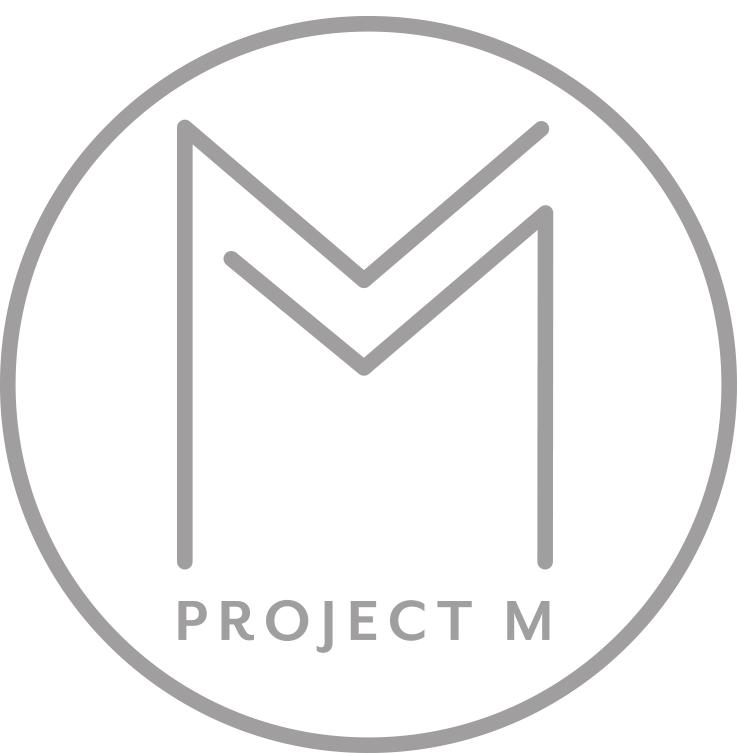Pure Lies and Other Uncomfortable Truths.
You can always count on winemaker Adam Lee of Siduri and Clarice wines to stick a broomstick into a hornet’s nest. In Pure Lies: Winemaker Adam Lee Puts a ‘Clean Wine” to the Test he takes on producers using health claims to market their wines. The article was published on Vinography by Alder Yarrow, whom I’ve always held as a benchmark of editorial integrity in wine writing.
I’ve previously weighed in on this, particularly the “sugar” conversation, previously on this blog.
While I want to jump out of the bleachers and throw roses at Adam as if he were a Matador that had just slain a bull, I can’t help but think we might be missing a point of much greater significance.
In agreement with Adam, my beef with these producers is that they use misleading information and messaging to dupe consumers into selecting wines.
“That’s on me, not on the brands that lead with the value of “zero sugar,” even if the claims are exaggerated, misleading, and not entirely true.”
If these producers were bakers, they would suggest that consumers pick their pastry because the other ones have two more raisins (see Wine Myths Volume 1 for an explanation).
In the article, Adam states, “These numbers certainly are below the TTB requirement for advertising a wine as “zero sugar” but they also are not significantly different from most of the wines I’ve made over the past 27 years.” (Italics are mine).
I have made similar claims; ALL of the Pinot Noir, Chardonnay, and Sparkling Rose, and most of the Rieslings produced by PROJECT M would technically qualify for the same “zero sugar” claim made by these producers.
I understand Adam’s frustration and have spent much time grumbling about it. He and I, like many producers, focus on making wines of notable quality.
My grumbling has slowly subsided as the ideas of my colleague Merrit Olson echo in my mind. Essentially her position is 1).that there is a market segment, perhaps generational, whose purchase decision is driven primarily by health considerations. 2) The wine industry has historically done a shitty job of communicating messages about anything other than quality and a shittier job of listening to the market.
Is the problem that there are producers out there touting their wines as “zero sugar,” “keto-friendly,” or “clean”? Or is the problem that those wines aren’t different from the standpoint of these specific variables than those made by winemakers like Adam Lee or me?
While I appreciate Adam’s zeal and courage, I’m taking a different approach for PROJECT M’s wines and blog.
I considered adding claims about sugar (and “vegan Friendly,” perhaps a future blog post) to PROJECT M’s labels. But Ultimately, I decided not to.
The problem, at least as it pertains to me, is pretty straightforward. Because of the expense of the analysis to verify the claims and the TTB’s label requirements, I am not willing to include messaging on my label that would appeal to consumers that don’t put quality first. Furthermore, I don’t believe that “zero sugar” is a value proposition that will bring me customers, especially loyal ones willing to pay the premium my production demands.
That’s on me, not on the brands that lead with the value of “zero sugar,” even if the claims are exaggerated, misleading, and not entirely true.
I’ve decided that instead of asserting these brands are the vinous equivalent of snake oil salespeople, I’m going to point to what Adam subtly suggests in his article; my wines are also zero sugar and Keto Friendly. And add, and so much more.
And so are the wines Adam Lee and countless other great winemakers make, even if they won’t say so on their labels, websites, or blogs.
